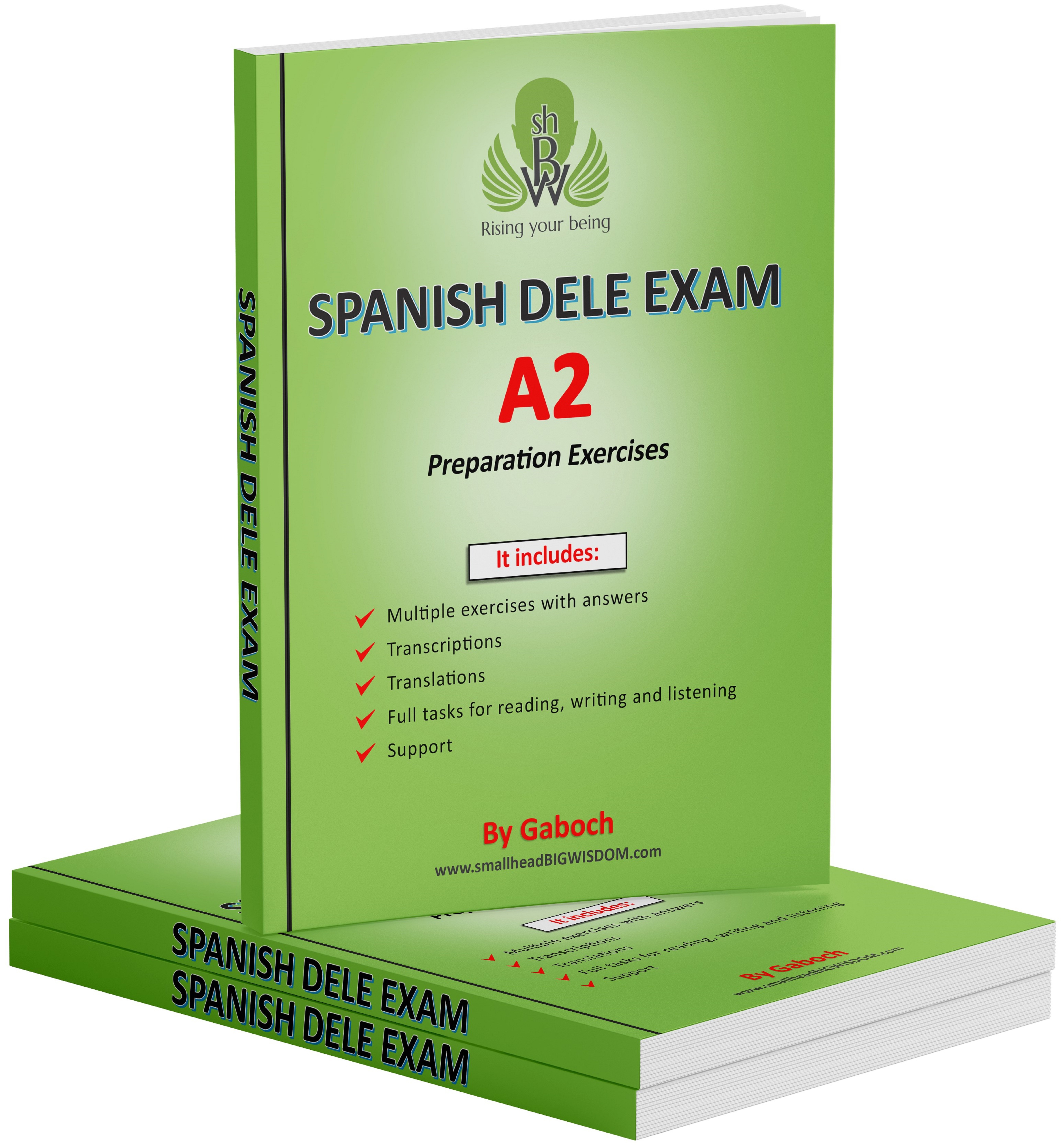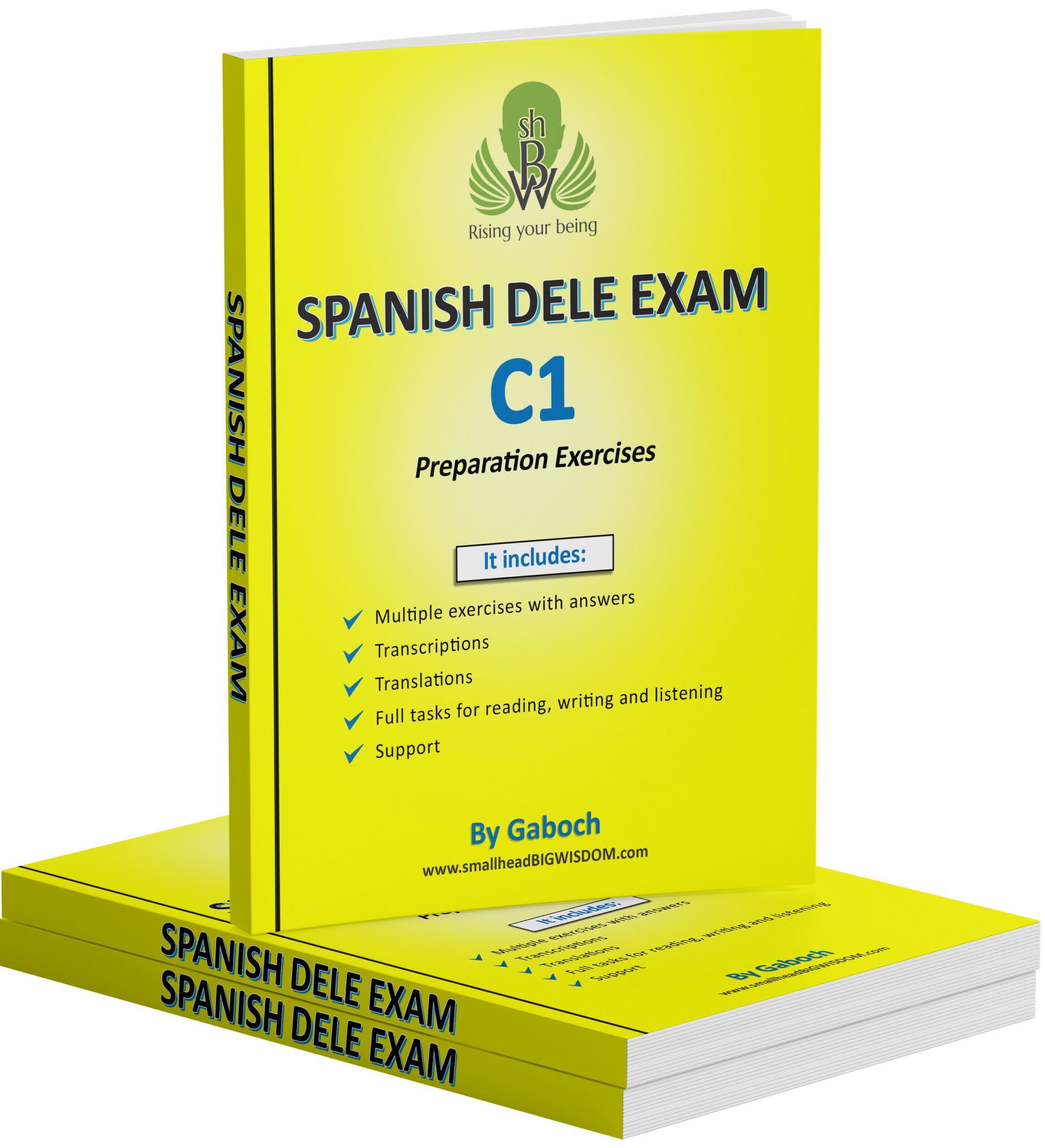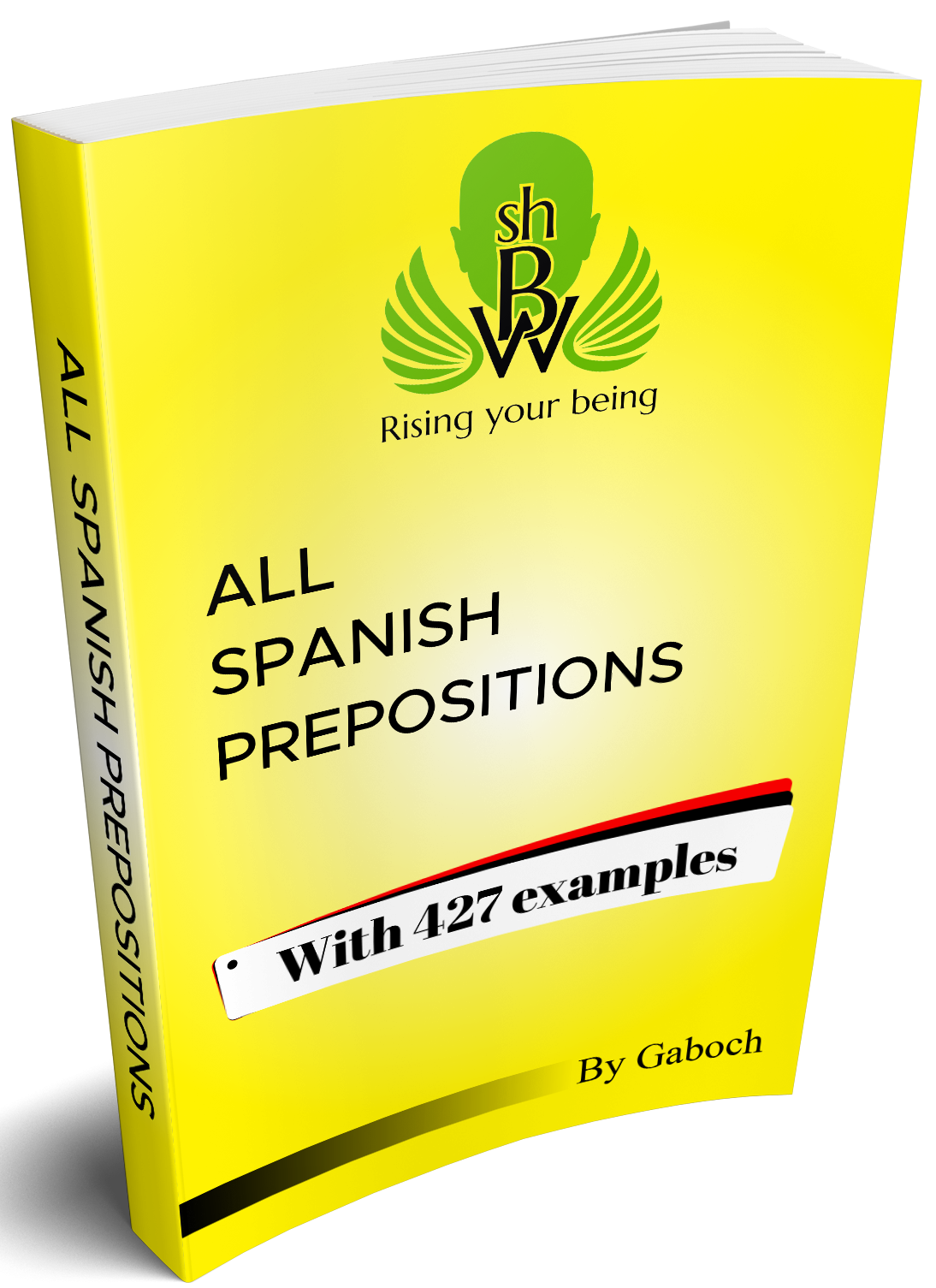Indicative – Past conditional in Spanish
smallhead BIGWISDOM
Rising your being
Indicative – Past conditional in Spanish
The Past Conditional is used to express a possible future action related to the past.
Examples:
Affirmative Form:
- Si hubiera salido tarde, habría perdido la oportunidad laboral (If I had left late, I would have missed the job opportunity)
- Habría surgido un problema si no se hubiese aclarado el malentendido (There would have been a problem if the misunderstanding hadn’t been clarified)
- Con un buen clima, habríamos caminado 20 kilómetros (With good weather, we would have walked 20 kilometers)
- Ella habría preferido el vestido rosado (She would have preferred the pink dress)
Negative Form:
- Si no hubiera salido tarde, no habría perdido la oportunidad laboral (If hadn’t left late, I wouldn’t have missed the job opportunity)
- No habría surgido un problema si se hubiese aclarado el malentendido (There wouldn’t have been a problem if the misunderstanding had been clarified)
- Con un mal clima, no habríamos caminado 20 kilómetros (With bad weather, we wouldn’t have walked 20 kilometers)
- Ella no habría preferido el vestido negro (She wouldn’t have preferred the black dress)
The Past Conditional conjugation of the model regular verbs (ar, er, ir) is:
Amar | Correr | |
Yo | habría amado | habría corrido |
tú | habrías amado | habrías corrido |
usted, él, ella | habría amado | habría corrido |
nosotros o nosotras | habríamos amado | habríamos corrido |
vosotros o vosotras | habríais amado | habríais corrido |
ustedes, ellos, ellas | habrían amado | habrían corrido |
Partir | |
Yo | habría partido |
tú | habrías partido |
usted, él, ella | habría partido |
nosotros o nosotras | habríamos partido |
vosotros o vosotras | habríais partido |
ustedes, ellos, ellas | habrían partido |
Get the book about 1100 English-Spanish Cognates!
Bonus: Audio pronunciations
Get it now!
(See Table of Content)










